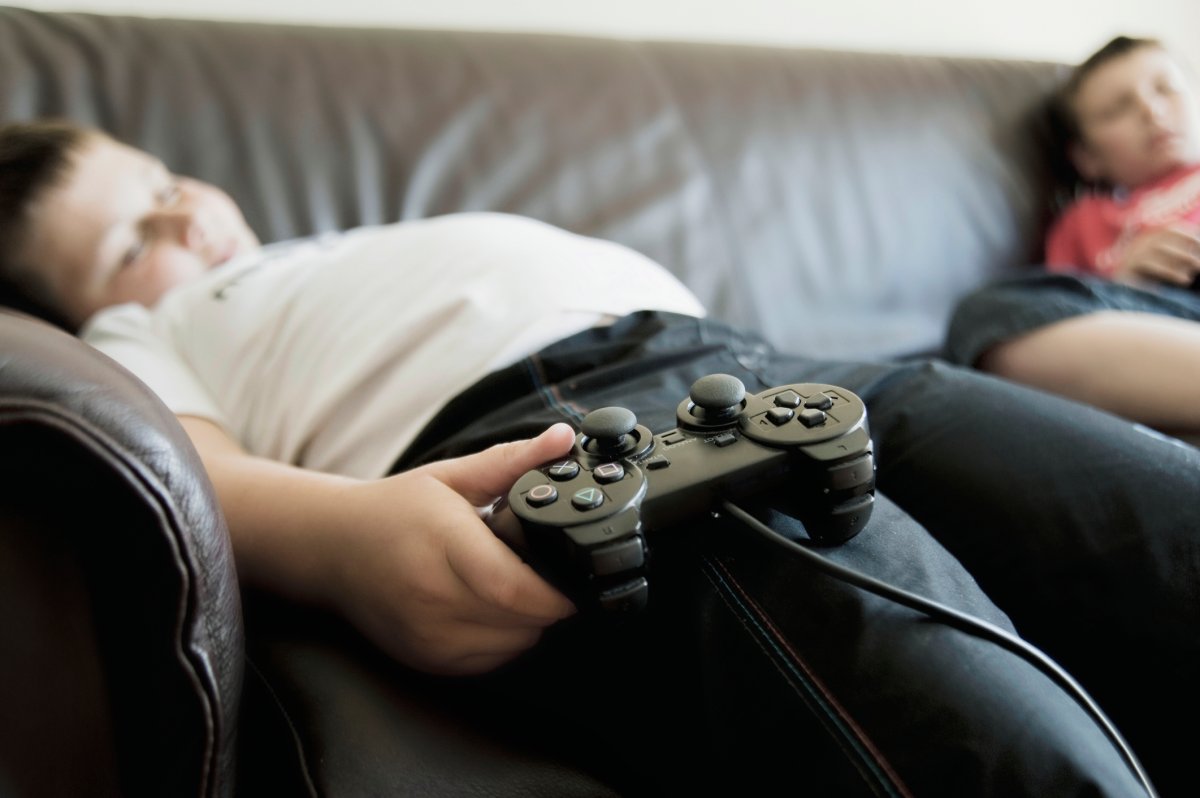Over the last 30 years, obesity rates among Canada’s children and youth have nearly tripled – and it’s a problem that could potentially worsen if parents don’t do something about it.

While there are several non-modifiable factors that contribute to a child’s weight gain, there are also factors that parents can help their children change, experts say.
READ MORE: How early is too early to talk to your kids about weight and exercise?
“Almost all excess weight gain is due to diet,” says Dr. Tom Washawski, pediatrician and chair of the Childhood Obesity Foundation. “Healthy eating is so important for broad health, regardless of weight status. We know that the unhealthy foods that drive obesity will also drive heart disease, cancer risk and type 2 diabetes – independent of weight.”
That’s why parents need to help their kids develop a good relationship with healthy food, and avoid doing things like using junk food as a reward or soothing mechanism, Washawski adds.
Actually, Anna Aylett, registered dietitian at the Children’s Hospital of Eastern Ontario’s (CHEO) Centre for Healthy Active Living, says this type of rewarding behaviour can set kids up for tendencies to eat emotionally.
“Parenting practices are sort of cultural,” Aylett says. “If you choose the right foods to give your child when they’re hungry, then that’s OK.” The best types of foods kids should be eating are unprocessed foods, whole grains, vegetables, and to lesser extent fruits, Aylett says.
- Ontario doctors offer solutions to help address shortage of family physicians
- Capital gains changes are ‘really fair,’ Freeland says, as doctors cry foul
- ‘Dangerous message’: Experts slam anti-sunscreen claims circulating online
- ‘Trying not to die’: Tourism operators loaded with debt despite rising demand
“Our food environment has changed a lot,” Aylett says. “Our environment sets us up to gain weight more easily, so we have to make conscious decisions and efforts to navigate that in the healthiest way that we can.”
Another modifiable issue parents can help curb is the lack of exercise their child gets.
According to Statistics Canada’s 2017 Canadian Health Measures Survey, kids in Canada are still not getting enough daily physical activity and are failing to meet the recommended guidelines.
In fact, fewer than 20 per cent of kids and youth meet the guidelines for sleep, physical activity and sedentary behaviour.
READ MORE: Active parents have more active kids: study
(Guidelines say kids ages five to 13 should be getting between nine and 11 hours of uninterrupted sleep each night and those aged 14 to 17 should be getting eight to 10 hours. Kids between the ages of five and 17 should be getting at least 60 minutes of moderate to vigorous physical activity a day, and should have no more than two hours per day of recreational screen time, the Canadian 24-Hour Movement Guidelines for Children and Youth reports.)
To make sure your child gets the proper amount of exercise, Aylett says parents need to provide their kids with proper opportunities and spaces to be active – whether it’s with organized activities or free play – and have screen time boundaries.
Lastly, there’s sleep. Again, Aylett says to limit screen time especially before bed, as well as set up scheduled and consistent bedtimes.
Of course, however, there are factors that may make it harder for children to lose weight, like genetics, Aylett says.
But while it does play a role, many weight issues in kids cannot be blamed on genetics alone, Warshawski says – so that’s why parents need to make sure their kids eat healthy, get plenty of exercise and sleep.
According to the Childhood Obesity Foundation, 42 million infants and young children were considered overweight or obese worldwide in 2013. It’s also estimated that the number will jump to 70 million by 2025 if current trends continue.
In Canada, particularly, almost one in seven children and youth are overweight or obese, the Public Health Agency of Canada reports.







Comments